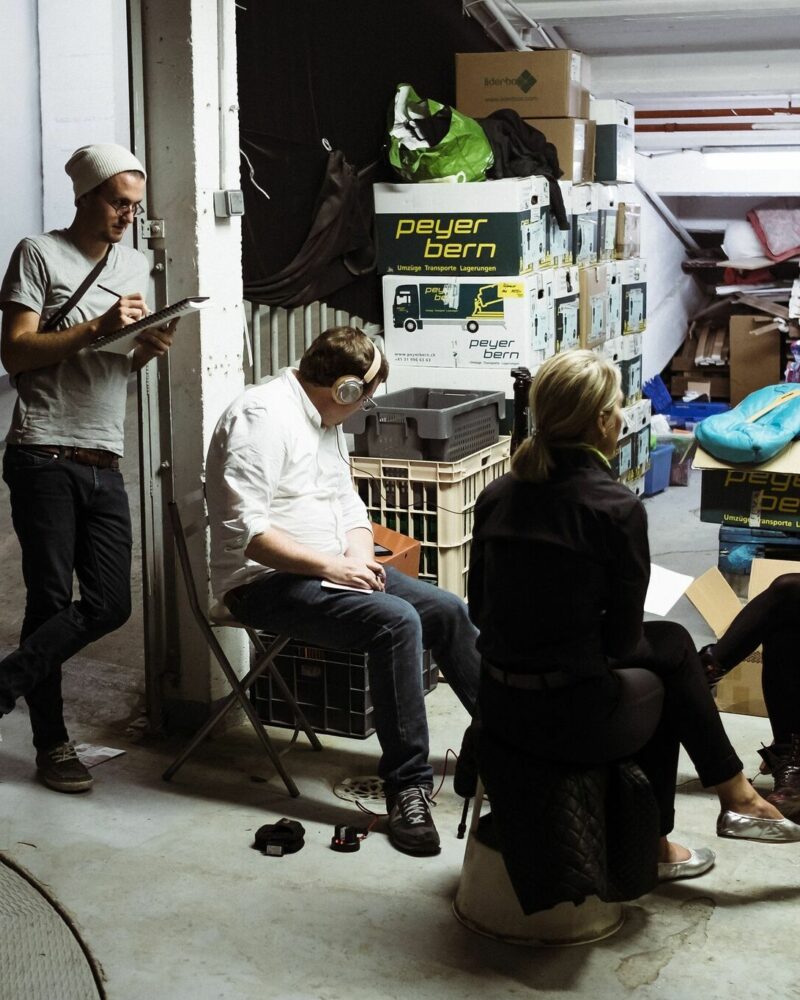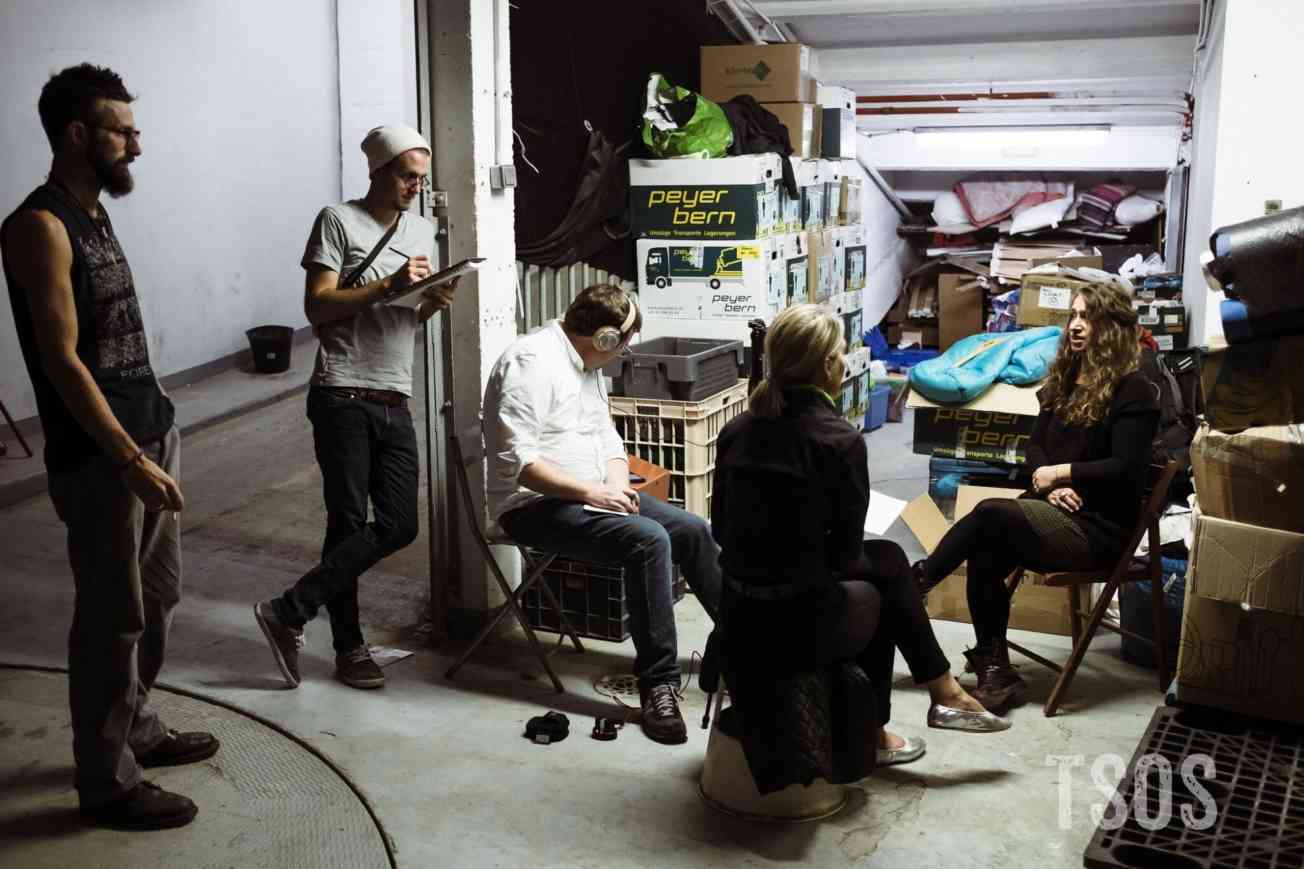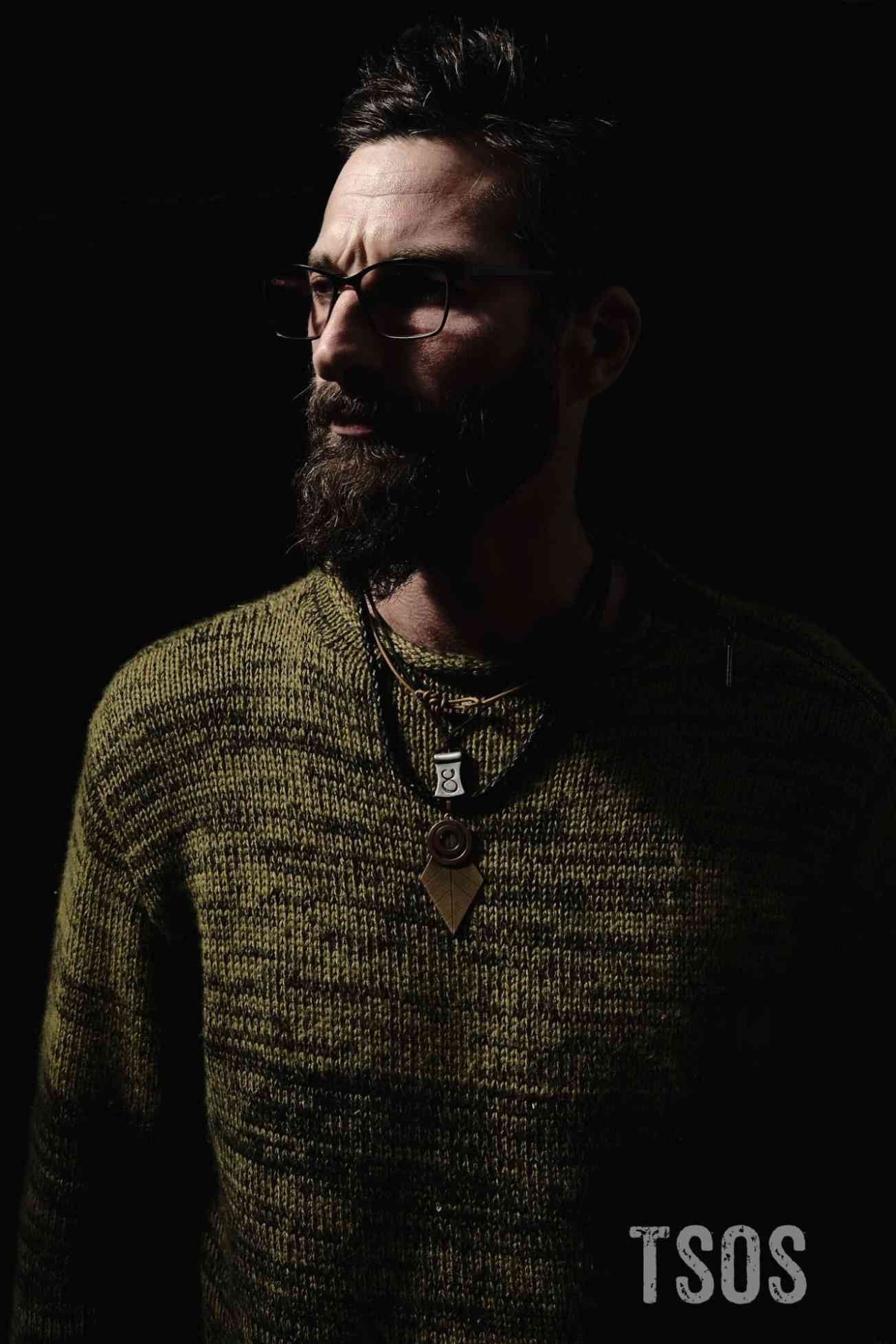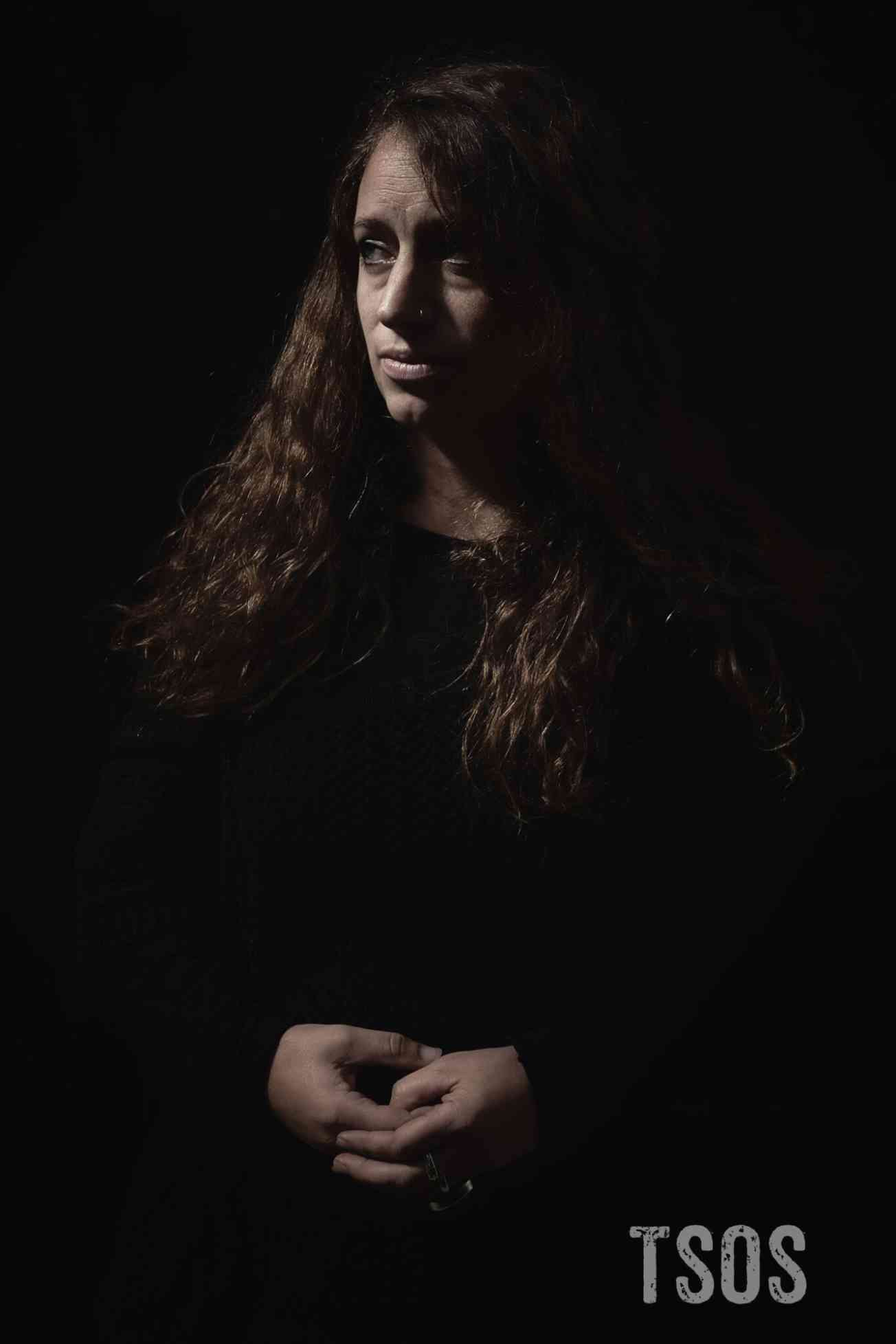Tolerance Doesn't Help Much
It’s the situation that is the horrible… thing. It’s not the people in it.


Story by Amy Stevenson
Photography by Christophe Mortier
The world has been talking and arguing about tolerance for decades. Apparently it’s a virtuous thing and we all need to show more of it. So, why would anyone feel forgotten or alone when they have it? Because there are two types of tolerance, and the type most people show actually doesn’t help much.
For example, let’s imagine you have a neighbor with a noisy, yippy dog. You hate that dog and how he barks for hours on end. You are annoyed by the disturbance of your peace and quiet. However, you choose not to throw things over the fence at the dog or yell profanities at your neighbor. That’s what an intolerant person would do. You can safely say that you tolerate your neighbor’s dog. You tell yourself, “I am tolerant of yippy dogs because I have not strangled that annoying one. I’m so good.” It’s true. You are tolerant. You have mastered false tolerance.
People with false tolerance put up with someone or something that makes them uncomfortable or unhappy. They believe they know enough to stand by their choice, and see themselves as good for allowing the discomfort into their lives. However, they stand as far away from their discomfort as possible with clenched fists and jaws, white knuckles and wide smiles, while complaining of their suffering through their teeth. Many of us are really good at false tolerance. We claim to put up with an awful lot while leaning on passive-aggressive attitudes. False tolerance doesn’t make the world any better, it just slows down making it worse.
True tolerance is the second, and more difficult type. These kind of people recognize that someone or something makes them uncomfortable and want to know more about why. They ask questions. They recognize that there is something they don’t understand and move toward it. They approach issues with a willing attitude and listen to other points of view. They are aware of their biases, but listen to another side with the intent to understand. The world becomes better with true tolerance because it recognizes humanity and confronts discomfort.
Although she doesn’t name it, Vernā Meyers -a diversity advocate- described the idea of true tolerance for others in her TED talk from 2014, “It’s the empathy and the compassion that comes out of having relationships with people who are different from you. Something really powerful and beautiful happens: you start to realize that they are you… They are part of you… They are you in your family. Then we cease to be bystanders and we become actors; we become advocates; and we become allies.”
Two people with true tolerance who live as actors, advocates, and allies for refugees are Heather Young and Kelvin Belcher. They know what it is to look beyond false tolerance and reach for understanding. They do it every day. They literally embrace people who are just falsely tolerated.
Heather and Kelvin live out of a van in Paris, France. They started a non-profit organization called “Paris Refugee Ground Support” and bring donated food and supplies to refugees from Afghanistan, Iran, the Sudan, Eritrea and North Africa.
Heather started to feel affected by the refugee crisis in 2015 while living in what she calls “the idyllic, beautiful countryside” of Wales. She describes when she felt it most acutely: “Thousands of [refugees were] at our doorstep, 21 miles from the UK… My two sisters and I were crying around Christmas dinner because it [felt] disgusting and wrong. [I thought,] ‘I’m white and I’m free. I have a passport…’ [so] I walked into the situation that changed my life forever.”
Heather started to volunteer in a refugee camp in France. She lived with refugees. She ate with them, talked to them and listened to their histories. She shuttled them in her own car between camps when one closed and another opened. After several months she returned home and decided to travel to a camp in Greece. She earned the money to drive a van there from her home in Wales.
Meanwhile, back in Bristol England, Kelvin heard of her plan and offered to come along with her as a volunteer and driver. Kelvin described his initial interest, “I was always coming up against these labels of ‘refugee’ and ‘migrant’ and all the stigmatism that goes with that… I wanted to see beyond that. There was a … pull for me to understand the people in this situation and who they were.”
The two of them drove through France and Italy and arrived at a tent camp erected at Terminal E 1.5 in Piraeus Port near Athens Greece. Heather and Kelvin directed the camp for a month and a half. When that camp was closed many of its residents were taken to an “old, disused hospital wing. It was 6 stories high and had been abandoned for 5 years.” After the squatters camp fell prey to mafia, violence, child prostitution, and drugs, Heather and Kelvin went to Paris.
Refugees had spilled into Paris after the closure of camps near Dunkirk and Calais France. Heather estimated, “there (were) nearly 4,000 people on the streets.”
Everyone needed supplies and shelter, but even more importantly, they needed compassion. Kelvin remembers a time in the Avenue de Flandre area when he was overwhelmed by the apathy (aka false tolerance) among the residents. He explained, “There were these shops, and French people … going up and down in their daily lives, not noticing, not seeing. I wanted to … run over to people, grab them, point and say, ‘Look! Why aren’t you looking at this? Why is this not doing anything to you?’ I realize now the residents… see it every single day and … become desensitized to it. It becomes the norm … to look after your own. How many times do you walk past a homeless person on the street (in any Western city) and … [not] even look?”
So Kelvin and Heather looked. Now they drive their van down streets, under bridges, and around every corner of Paris searching and assessing needs. They return in the middle of the night and deliver necessities. Heather describes a typical night, “You look at the area and make a judgment on what is needed where, and then you load up in your hands and distribute to one, to one, to one, to one.”
When asked if she is wanting to give hope to the refugees, she replies, “No… What we try to hand out is a human to a human. [They want] to be seen… To [hear,] ‘hey, how ya doing? You ok? You all right?’”
It’s about “giving your hand… To listen to them [ask,] ‘Why do people hate us?’ … They have traveled across God knows how many countries to [then] be treated with such disdain, such anger, from people that have a house… food on their table… a job… a life. To be spat at, beaten, kicked, told to go back to [their] country. And that’s by ‘normal’ people?” After escaping danger, mostly on foot, having been robbed of dignity and money along the journey, they finally arrive to relative safety but are without any resources to begin a new life. Intolerance, at worst, and false tolerance, at best, has been the reality of the refugees’ welcome.
True tolerance is taking it to a personal level of understanding. Heather says, “I put myself in their position as much as I possibly can. I see my family in them… I see myself in them… What would I do if this was me?”
She continues, “There is no difference from the people that you love, deeply love, [and] these people here. What would you do for your family? What would you do for your most cherished people? They are all cherished … by somebody.”
Heather and Kelvin have decided where they stand with refugees because they stepped forward, asked questions, and listened with compassion.
When Kelvin says, “We are all global brothers and sisters,” he is speaking from experience not an abstract utopian ideal. “We’ve just forgotten that because we’ve been so isolated with borders and nations… It’s the situation that is the horrible… thing. It’s not the people in it. These people had lives, they have families, some of them had families. They’ve gone through hell because of other people’s greed and insatiable appetite for more.” The injustice of the situation is his focus.
That is not to say that we should love everyone and everything unconditionally. Far from it. But we can be truly tolerant by deciding not to stop at intolerance (which requires no understanding,) but to push ourselves through false tolerance (which is really choosing to ignore) and into true tolerance (which requires confronting your own biases and facing the truth.) We must understand the whole story.
Most of us will not drop everything the way Heather and Kelvin have done to support the refugees, but something we all can do is decide to treat them with true tolerance. That goes a long way.


Our team members obtain informed consent from each individual before an interview takes place. Individuals dictate where their stories may be shared and what personal information they wish to keep private. In situations where the individual is at risk and/or wishes to remain anonymous, alias names are used and other identifying information is removed from interviews immediately after they are received by TSOS. We have also committed not to use refugee images or stories for fundraising purposes without explicit permission. Our top priority is to protect and honor the wishes of our interview subjects.